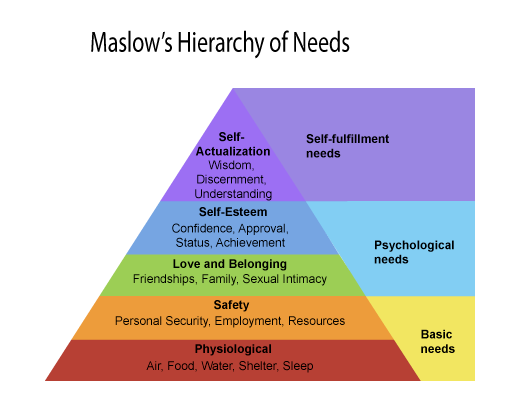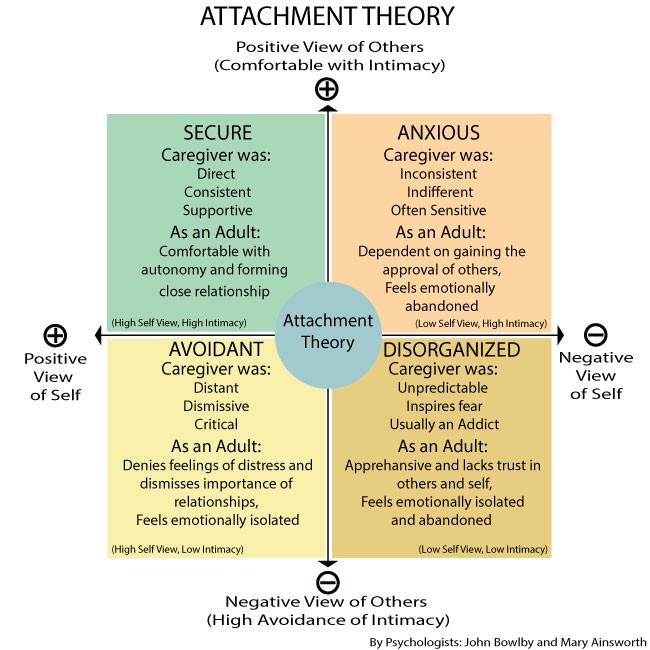What comes to mind when we think of the word alone? Loneliness, boredom, sadness, fear, or misery? Some others might even say; peace, solitude, privacy, or tranquillity.
When it’s our choice to be alone, it’s easy to embrace solitude, but when it’s not exactly our choice and we want to connect with others, that’s when loneliness sets in. People in our lives are not always available; our friends might not get our perspective, our partner can be preoccupied, our family members might have other things on their plate, or there might simply be no one around who we feel can relate us. There are times we need to learn how to get comfortable with being alone, even when it wasn’t initially our choice.
There are numerous articles and stories out there indicating loneliness is an epidemic in North America and how it’s a dire public threat. Loneliness has health and societal consequences, there are vital reasons to tackle loneliness. The number of solo dwellers are steadily increasing in the developed world. It’s crucial that we learn how to be alone in a manner that nurtures us and even goes as far as embracing it. The time we spend alone doesn’t have to be lonely. The cure to loneliness doesn’t lie externally, like many movies, songs, and our mainstream culture suggest. The cure to loneliness lies within.
Origins of Loneliness: Why do we fear to be alone?
Tribal/Ancestral Culture
Fears of being alone can be rooted in tribal culture and in our hunting and gathering ancestry. We needed our immediate circle and tribe to survive. If we were to be isolated from them, it could be a matter of life or death. As we transcend mere survival and move up the ladder of Maslow’s hierarchy of needs, that external validation, although considered important initially — is no longer a matter of life or death.

We as individuals, and as a society tend to get stuck in the need for external validation — the middle ranks of Maslow’s hierarchy.
Childhood
Another explanation for the fear of being alone can also be traced back to our childhood. When we grow up in a home where our emotional needs were not consistently validated or adequately responded to, we link our parent’s inability to acknowledge our emotional needs and us not being worthy of love.
Inner Child
The late John Bradshaw popularized the term “inner child,” and wrote several books on the topic. Every single one of us has an inner child, it represents our child-like qualities of wonder, awe, excitement, playfulness, joy, sensitivity, authenticity, and innocence. A nurtured, acknowledged, understood and listened to inner child can cultivate such peace and beauty in this world.

On the flip side, if our child has been wounded, and most of our inner children have been; our inner child can play out our accumulated fears, pains, and our propensity to feel lonely. A wounded inner child wreaks havoc in our relationships, our sense of belonging, our feelings of safety, and the connection we have with ourselves.
Attachment Theory
Bowlby & Ainsworth’s Attachment Theory suggests that when our parents were available and consistently responsive to our physical and emotional needs as infants it allowed us to develop a sense of security, which creates a secure base. As adults, we would know what it feels like to have our emotional needs met and we would have learnt and been able to provide emotional nourishment to ourselves (see Attachment Theory diagram for Secure Attachment).

Secure Attachment and Insecure Attachment: Anxious, Avoidant and Disorganized
If we were not securely attached to our parents growing up, as adults, we bring this notion of insecurity and being misunderstood with us. We suffer from loneliness, either fearing abandonment or feeling isolated. When we are alone, those feelings of emptiness and inadequacy are amplified (see Attachment Theory diagram for Insecure Attachments-Anxious, Avoidant, and Disorganized).
Since we live in a society that seeks external validation coupled with our own childhood experiences, it’s no surprise that we have been conditioned to view being alone… synonymous with being lonely.



